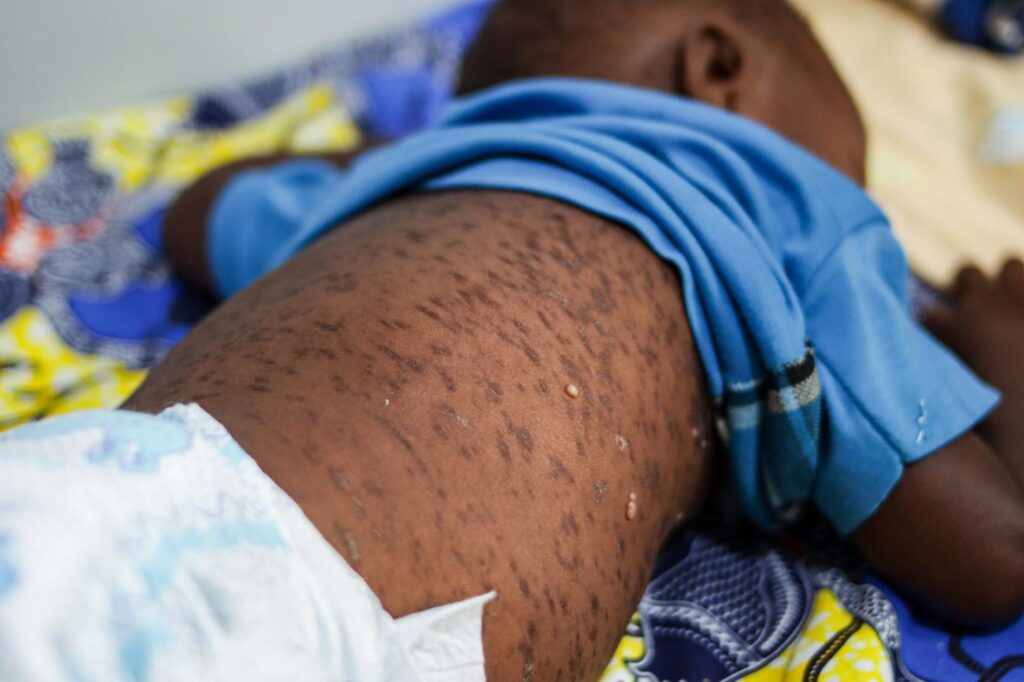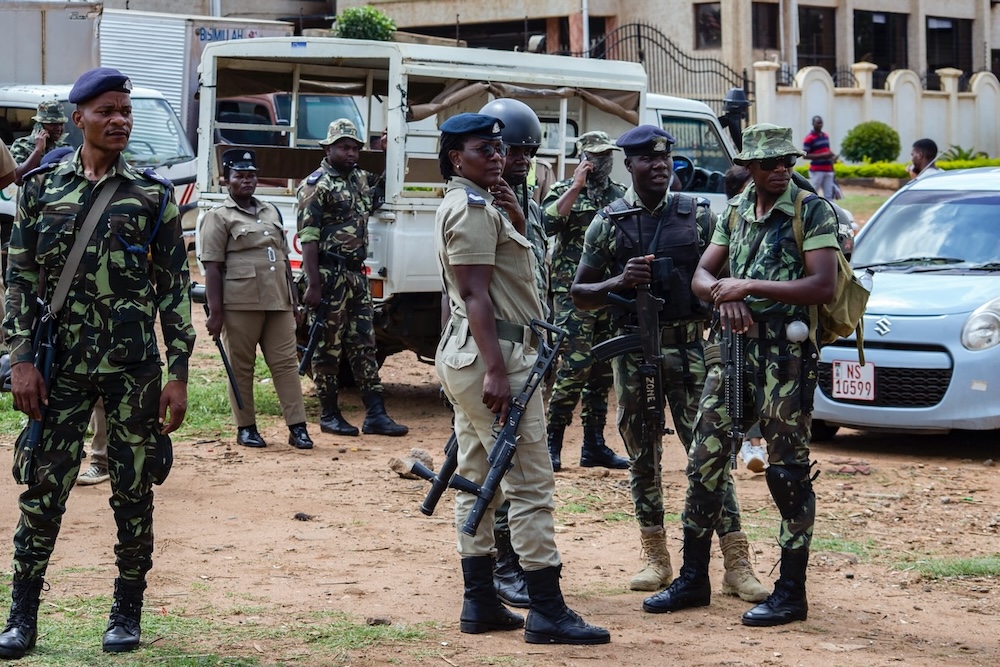
Cabo Verde, Mauritius, and Seychelles have eliminated measles and rubella, marking a historic public health milestone in sub-Saharan Africa.
The World Health Organization (WHO) announced Monday that the three island nations interrupted endemic transmission of both viruses for over 36 months.
This declaration followed the WHO Regional Verification Commission’s October meeting in Johannesburg, which confirmed robust disease surveillance systems in all three countries.
WHO Regional Director for Africa Mohamed Janabi praised the achievement, calling it a testament to prevention-focused health strategies and vaccine prioritisation.
“It shows what’s possible when countries put prevention first and make vaccines a priority,” Janabi said, urging wider continental efforts for child health protection.
The success was credited to coordinated control strategies, including periodic mass vaccination campaigns and strong collaboration among health authorities and communities.
Cabo Verde’s Health Minister Jorge Figueiredo highlighted decades of threat from measles and rubella and the importance of international and local partnerships.
According to WHO, Cabo Verde has not reported measles since 1999 and rubella since 2010, reflecting long-term immunisation efforts.
Mauritius has been measles-free since 2019, with all recent suspected cases investigated and dismissed, underscoring effective national disease monitoring.
Seychelles contained its last measles outbreak in 2020, with no confirmed rubella cases reported since 2016, demonstrating sustained public health vigilance.
The three countries now join 133 nations globally recognised for eliminating measles and rubella, highlighting vaccine impact in safeguarding children’s futures.
WHO warns that both diseases are highly contagious airborne viruses, with measles potentially fatal in children and rubella causing birth defects during pregnancy.




